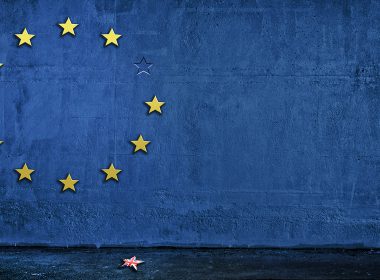Snapshot
- The House of Commons passed the European Union (Withdrawal) Bill to provide a functioning statute book on the day the UK leaves the EU.
- Settling internally the terms on which the UK is willing to leave the EU is a fraught and arduous process. As things stand now, it is being carried out at the same time as the negotiations with the EU are being undertaken and the clock is ticking.
- The prospect of the UK leaving the EU without having negotiated an exit deal has been raised as a real option. Commentators, politicians and others are beginning to think through what this means in concrete terms.
Since we last wrote, quite a bit has happened that directly and indirectly relates to the withdrawal of the UK from the EU. Directly, the European Council concluded the Guidelines in accordance with which the negotiations for the UK’s withdrawal and future relationship with the EU are to be conducted. Those negotiations have commenced but still have a long way to go. The UK Parliament has promulgated a bill to repeal the European Communities Act 1972 which gave effect to the UK’s membership of what is now the EU. Further legislation is envisaged to manage specific policy areas once the UK has left the EU. A series of events across Europe have indirectly had an impact on the Brexit process as well.
In June, Prime Minister May called a general election seeking a mandate for her Government’s negotiation of the UK’s withdrawal from the EU. Rather than getting the mandate she sought by increasing her slim majority, the Tories lost seats resulting in a hung Parliament. Theresa May was compelled to enter into an agreement with the Democratic Unionist Party (‘DUP’) of Northern Ireland to retain government. Under the terms of the agreement, the ten DUP MPs will support the Tories in key Commons votes and Northern Ireland will receive an extra £1 billion from Westminster over the next two years. This was a contentious decision partly due to the socially conservative position of the DUP on issues such as abortion and same sex marriage. It was also contentious because there was no extra public funding for Wales or Scotland. Upon returning at the beginning of September, the House of Commons passed the European Union (Withdrawal) Bill (generally referred to as ‘the Great Repeal Bill’).



